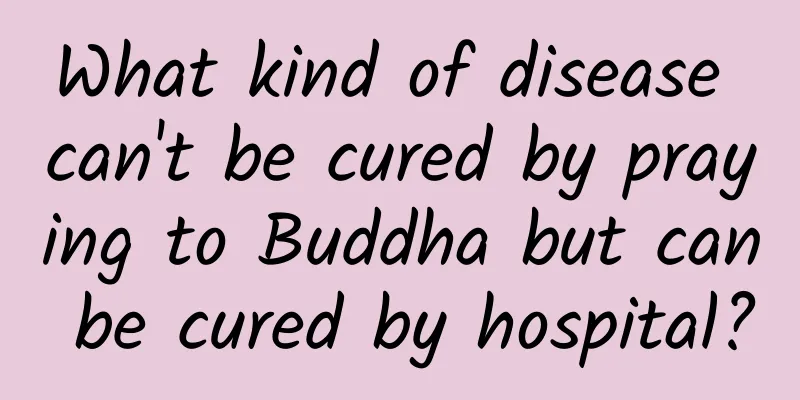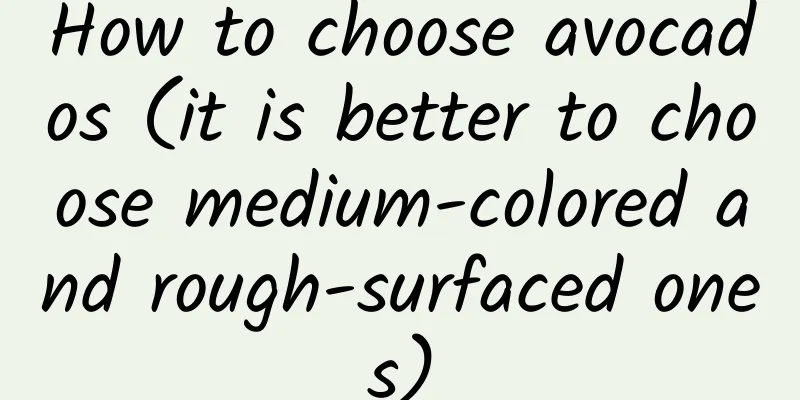What kind of disease can't be cured by praying to Buddha but can be cured by hospital?

|
Recently, a 45-year-old female patient came to the outpatient clinic. The patient has the habit of worshiping Buddha. A month ago, the patient developed symptoms of dizziness, blacking out, transient aphasia, and numbness of one side of the limbs. After the symptoms appeared, the patient did not go to see a doctor, but worshipped Buddha and chanted scriptures more devoutly. After each worship and chanting, the patient felt that the symptoms were relieved. Although the patient's family members advised the patient to go to the hospital for treatment, the patient herself felt that worshiping Buddha could cure the disease and was unwilling to go to the hospital for treatment. Half a month ago, when the patient was at home, the corner of her mouth suddenly became crooked, she vomited, and fell to the ground. Seeing this, the family members immediately called 120 emergency number. After being sent to the hospital, it was found that the patient had a cerebral infarction. Fortunately, the rescue was timely and the patient did not leave major sequelae. After the patient's cerebral infarction was stabilized, he came to Beijing for treatment with imaging data. Combined with the patient's data, after careful evaluation, it was confirmed that the patient had moyamoya disease. Since the patient had a recent cerebral infarction, it was not recommended that the patient undergo moyamoya disease surgery immediately. It was recommended that the patient come to the hospital for surgery in three months to treat moyamoya disease. Transient ischemic attack (TIA), commonly known as mini-stroke, is a transient neurological deficit caused by focal ischemia of the brain tissue, spinal cord or retina. Symptoms such as dizziness, fatigue, and numbness of one side of the limbs are all symptoms of transient ischemia. These symptoms last within half an hour and no longer than 24 hours. Because the symptoms of transient ischemia are relatively mild and short-lived, they are easily ignored. TIA is not as serious as acute cerebral infarction, but it is closely related to cerebral infarction. Repeated transient ischemic attacks without intervention can lead to cerebral infarction. TIA is one of the symptoms of moyamoya disease. Moyamoya disease is a rare cerebrovascular disease with unknown etiology. Because the growth rate of compensatory blood vessels in the brain is lower than the occlusion rate of large blood vessels, patients with moyamoya disease suffer from insufficient blood supply to the brain and symptoms of transient cerebral ischemia. At this time, active treatment of moyamoya disease should be carried out. If moyamoya disease is allowed to develop, patients will suffer from repeated transient cerebral ischemia, eventually leading to cerebral infarction, which is life-threatening. Therefore, when patients experience symptoms of transient cerebral ischemia, they should go to the hospital in time to find out the cause and receive symptomatic treatment, and do not delay without treatment. |
>>: Doctor: What symptoms in the body should alert you to uremia?
Recommend
Causes and treatment suggestions for women's lower abdominal bloating
Many people experience lower abdominal bloating. ...
What kind of exercise is easy to cause miscarriage in early pregnancy
Many female friends may not realize they are preg...
Can pregnant women eat clams?
Many expectant mothers like to ask themselves whe...
What to do if you don't fart during cesarean section
The first and most important thing after a cesare...
Girls with long hand hair
Excessive hair on the hands is a big problem that...
What is effective for pregnant women with low albumin?
What is effective for pregnant women with low alb...
Normal amount of amniotic fluid for twins
If the pregnant woman is carrying twins, then at ...
What to do if you have large pores and blackheads on your face
Sometimes we all work overtime and stay up late, ...
How long does the temperature rise last after ovulation?
Generally speaking, the female reproductive syste...
Lower back pain after menstruation
Generally speaking, women will not experience low...
How much does the Beijing Daxing Airport subway cost? Daxing Airport Metro Line fare information
After the recent opening of Beijing Daxing Airpor...
Breastfeeding milk leaks out
Every mother will encounter milk regurgitation du...
Why is there breast pain before menstruation?
Many female friends often experience breast pain ...
Does “cancer constitution” really exist?
Some time ago, a report about a 65-year-old woman...
What is the matter with the rotten roots of the dwarf fairy? How to save the rotten roots of the dwarf fairy?
Dwarf Immortelle is a common flower plant in life...









